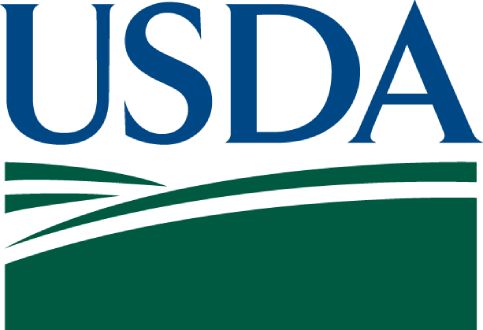This study examined the sale of Special Supplemental Nutrition Program for Women, Infants and Children (WIC) infant formula through online e-commerce websites. Although the U.S. Department of Agriculture (USDA) has not, to date, conducted any nationwide studies on the extent of these online sales, a 2014 General Accounting Office (GAO) report suggested that some formula is offered for sale online, despite program rules prohibiting as such. The GAO report proposed steps that the USDA could take to detect or prevent online sales. Mathematica is building upon GAO’s work to monitor e-commerce websites and provide insight into online sales of infant formula and sales of formula consistent with WIC-approved brands.
This study examined the sale of Special Supplemental Nutrition Program for Women, Infants and Children (WIC) infant formula through online e-commerce websites. Although the U.S. Department of Agriculture (USDA) has not, to date, conducted any nationwide studies on the extent of these online sales, a 2014 General Accounting Office (GAO) report suggested that some formula is offered for sale online, despite program rules prohibiting as such. The GAO report proposed steps that the USDA could take to detect or prevent online sales. Mathematica is building upon GAO’s work to monitor e-commerce websites and provide insight into online sales of infant formula and sales of formula consistent with WIC-approved brands.
Under the WIC program, non-breastfed infants receive iron-fortified formula beginning at birth; at age six months, they also receive baby food fruits and vegetables and infant cereal. Most participants use a WIC check, voucher, or electronic benefit transfer card to purchase food from retailers. The USDA estimates that between 57 and 68 percent of infant formula sold in the United States is purchased through WIC. Infant formula is expensive, costing about $150 per month for infants who consume the recommended amount of 32 ounces per day. Further, the USDA estimates that infant formula accounts for 20 percent of all WIC food costs.
Using automated web-scraping tools, we are monitoring major e-commerce websites in six locations and using rigorous methods to identify items and test identification methods via search terms or image recognition.
With our partner 2M Research, we conducted in-depth case studies to provide a comprehensive picture of policies and practices that state and local agencies implement for the online sale of WIC infant formula. Analysis sheds light on the prevalence of attempted online sales, identifies challenges in monitoring and investigating program violations, and provide recommendations on effective policies and practices.


